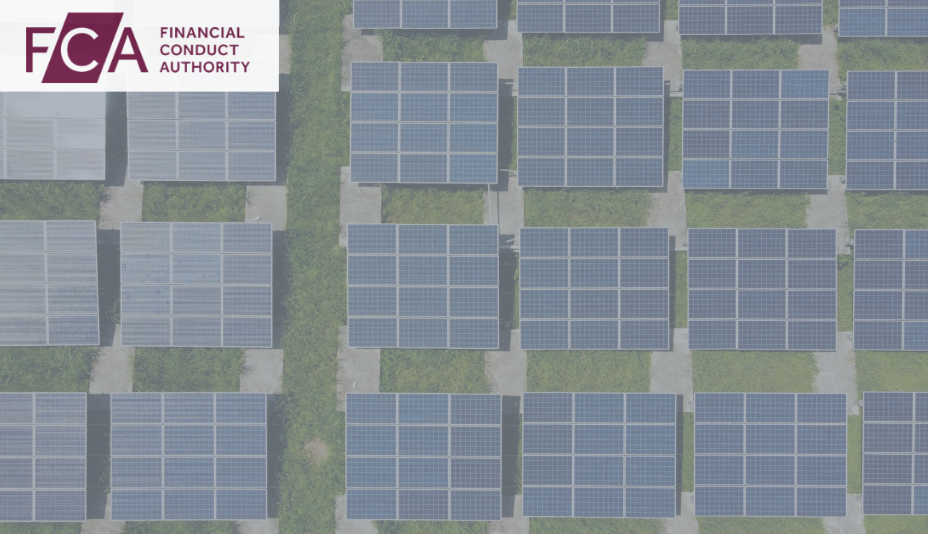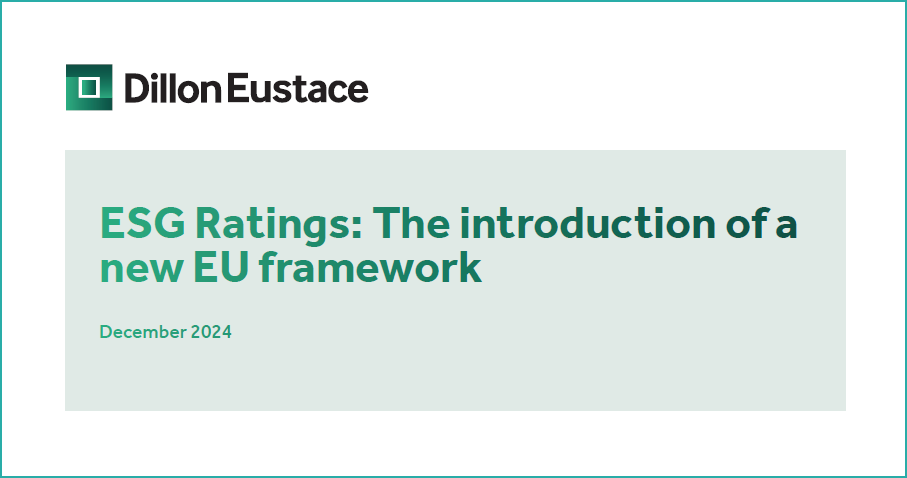UK Introduces Legislation to Regulate ESG Ratings Providers
As the role of ESG ratings in investment decisions continues to grow, regulatory attention has turned to ensuring greater oversight and accountability in this sector. Recent developments in the UK mark a turning point, as the government moves to formally define and supervise the provision of ESG ratings through a structured legal framework.

On 27 October 2025, the Financial Conduct Authority (FCA) announced its support for new legislation introducing regulatory oversight of ESG ratings providers in the UK. This follows HM Treasury’s consultation on the issue, during which a range of market participants raised concerns about a lack of transparency, methodological divergence, and the potential for conflicts of interest in the ESG ratings space. The government’s consultation response, published in November 2024, outlined the policy rationale and confirmed its intention to introduce regulation, referencing alignment with the principles issued by the International Organization of Securities Commissions (IOSCO).
Legal Basis and Scope of Regulation
The legal foundation for this initiative is the Financial Services and Markets Act 2000 (Regulated Activities) (ESG Ratings) Order 2025. This statutory instrument introduces a new regulated activity: the provision of ESG ratings. According to the Order, ESG ratings are defined as assessments that relate to one or more environmental, social or governance factors and that apply a defined methodology and ranking or scoring system. The regulation applies to entities that offer such ratings for use in the UK, whether they are based domestically or overseas. Importantly, the Order provides that ESG ratings offered free of charge by overseas providers to UK clients fall outside the scope. Intragroup ratings and those prepared solely for internal use or for use by a single corporate group are also excluded.
The Role of the FCA
The FCA has been designated as the competent authority to oversee and implement this regulatory regime. In its official statement, the FCA confirmed it will consult on the proposed rules before the end of 2025. The regulator stated that the legislation provides the necessary powers to establish clear requirements in four key areas: transparency, governance, systems and controls, and management of conflicts of interest. The FCA aims to create a framework that supports confidence in ESG-labelled financial instruments while ensuring the market remains competitive and resilient. It emphasised its commitment to proportionate supervision, acknowledging the diversity of ESG rating methodologies and business models. The FCA is expected to consider the feedback received during the Treasury’s earlier consultation as it designs detailed regulatory standards.
Implementation Timeline and Transitional Period
Under the draft Order, the main commencement day is set as 29 June 2028. Before this date, certain provisions will come into force only to facilitate preparatory actions, such as FCA rule-making and the submission of authorisation applications. A one-year transitional regime will apply from the commencement date, allowing existing ESG ratings providers time to adjust and seek regulatory approval. During this period, firms are expected to begin aligning their operations with forthcoming FCA requirements. This phased implementation approach is intended to ensure a smooth transition without disrupting the availability of ESG data and assessments in the market.
Conclusion
The UK’s regulatory initiative concerning ESG ratings providers represents a significant policy development in the field of sustainable finance. By defining the provision of ESG ratings as a regulated activity, and assigning oversight responsibilities to the FCA, the government seeks to increase the robustness and reliability of sustainability-related information used by investors. The next phase of regulatory development will centre on the FCA’s consultation process and the gradual rollout of the authorisation regime leading up to mid-2029.



